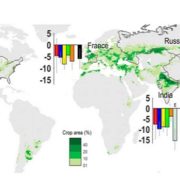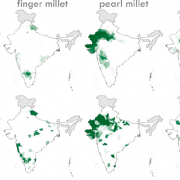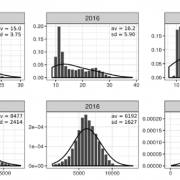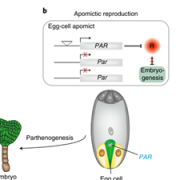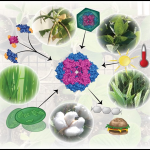Genome editing: An update on global policies and perceptions
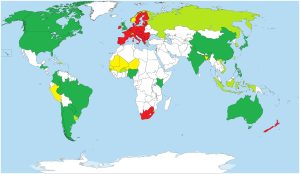 The CRISPR/Cas system has become a popular genome editing (GEd) method in animals and plants, which allows very fine alterations in target genes and avoids the concerns that accompany introducing genes from other organisms. To improve food security and accelerate breeding. this technology has been applied to important crops such as rice, sorghum, maize, and tomato, However, regulations about GEd in plants is subject to debate in different countries. Sprink et al. examine the application of GEd in plants and give an update on police and perceptions in several countries. They mention that the debate on GEd technology is largely focused on whether the resulting plants should be considered genetically modified organisms (GMOs); this designation causes problems in many countries due to the lack of regulatory approval. Furthermore, the authors discuss the perception of GEd in society and how these emerging technologies offer the opportunity to address social and climate challenges. The article shows that scientists, society, and policymakers must work together to achieve the regulation of new genome editing technologies. (Summary by Andrea Gómez-Felipe @andreagomezfe) Plant Physiol. 10.1093/plphys/kiac359
The CRISPR/Cas system has become a popular genome editing (GEd) method in animals and plants, which allows very fine alterations in target genes and avoids the concerns that accompany introducing genes from other organisms. To improve food security and accelerate breeding. this technology has been applied to important crops such as rice, sorghum, maize, and tomato, However, regulations about GEd in plants is subject to debate in different countries. Sprink et al. examine the application of GEd in plants and give an update on police and perceptions in several countries. They mention that the debate on GEd technology is largely focused on whether the resulting plants should be considered genetically modified organisms (GMOs); this designation causes problems in many countries due to the lack of regulatory approval. Furthermore, the authors discuss the perception of GEd in society and how these emerging technologies offer the opportunity to address social and climate challenges. The article shows that scientists, society, and policymakers must work together to achieve the regulation of new genome editing technologies. (Summary by Andrea Gómez-Felipe @andreagomezfe) Plant Physiol. 10.1093/plphys/kiac359


